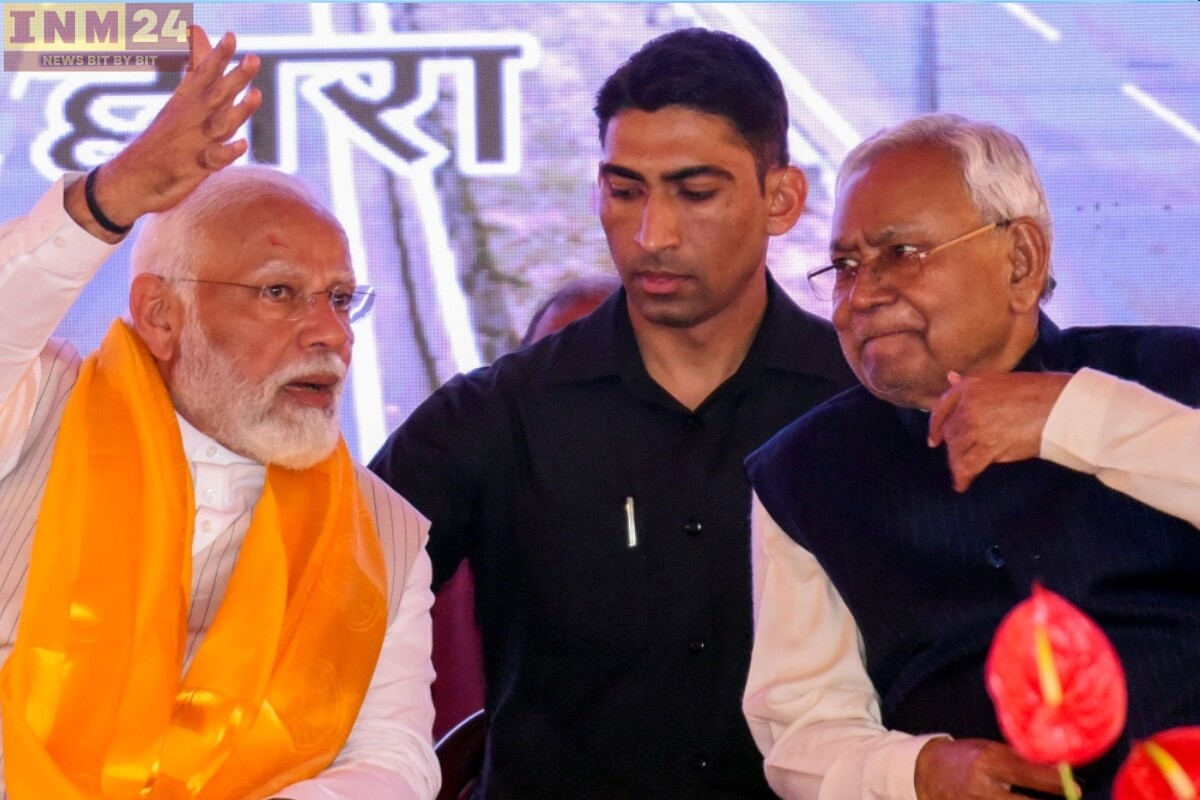In a significant political development, the Bharatiya Janata Party (BJP) has made substantial gains in the state of Bihar, surpassing its ally, Chief Minister Nitish Kumar’s Janata Dal (United), in seat share. The outcome of the recent elections underscores the evolving dynamics within the state’s political landscape and signals a potential shift in power dynamics.
BJP’s Political Milestone: Transformation in Bihar’s Political Landscape
The BJP’s success in Bihar marks a notable milestone in its political journey in the region. Historically known as a stronghold of regional parties, Bihar’s political landscape has witnessed a gradual transformation over the years, with the BJP emerging as a formidable force. The party’s strategic alliances and targeted campaigning efforts have played a pivotal role in garnering support from diverse segments of the electorate.
The BJP’s surge in seat share not only reflects its growing influence but also highlights the changing preferences of voters in Bihar. The party’s emphasis on development, good governance, and national security resonates with voters, especially in rural and semi-urban areas, where issues such as infrastructure development and job creation hold significant importance.
On the other hand, the decline in seat share for Nitish Kumar’s Janata Dal (United) raises questions about the party’s electoral strategy and leadership dynamics. Despite being in power for several terms, the party’s performance in the recent elections indicates a waning appeal among voters, possibly due to factors such as anti-incumbency sentiments and dissatisfaction with governance issues.
BJP’s Bihar Victory: Impact on National Politics
The BJP’s success in Bihar has broader implications for national politics as well. With Bihar being one of the largest and politically significant states in India, the BJP’s strengthened position in the region bolsters its prospects at the national level. The party’s ability to forge alliances and consolidate support across diverse regions further solidifies its position as a dominant political force in the country.
Looking ahead, the BJP’s focus in Bihar is likely to be on effective governance, development initiatives, and addressing the needs of the electorate. The party’s victory in the state paves the way for continued political stability and progress, providing an opportunity to fulfill the aspirations of the people of Bihar.
However, challenges remain, and the BJP must navigate complex socio-political dynamics and address the concerns of all sections of society to sustain its momentum. The party’s success in Bihar serves as a testament to its organizational strength, strategic acumen, and ability to adapt to evolving political landscapes.
The BJP’s remarkable performance in Bihar, surpassing Nitish Kumar’s Janata Dal (United) in seat share, reflects the changing contours of state politics and underscores the party’s growing influence in the region. As Bihar embarks on a new political trajectory, the BJP’s ascendancy heralds a new chapter in the state’s political narrative, with far-reaching implications for the future of Indian politics.
